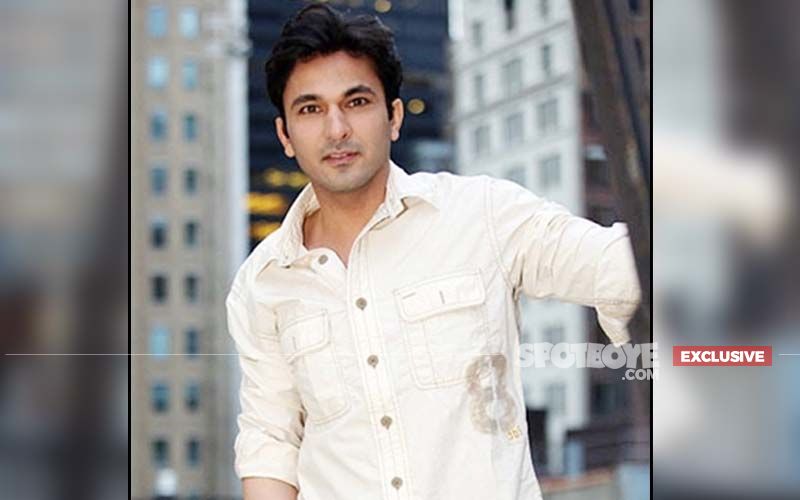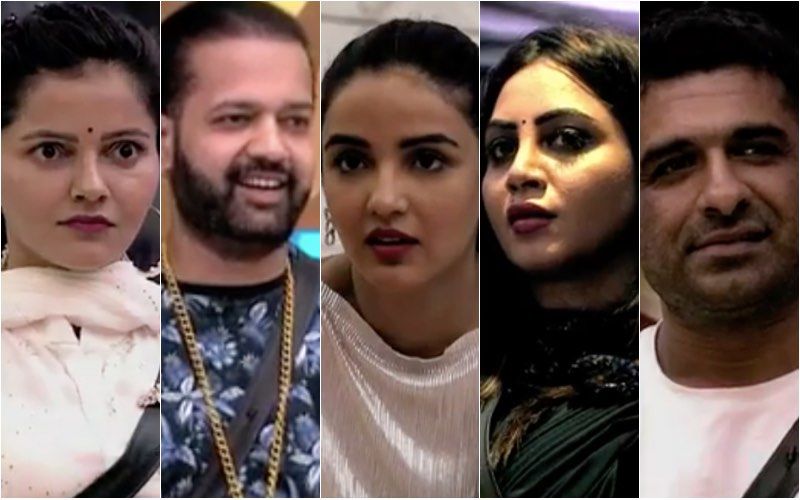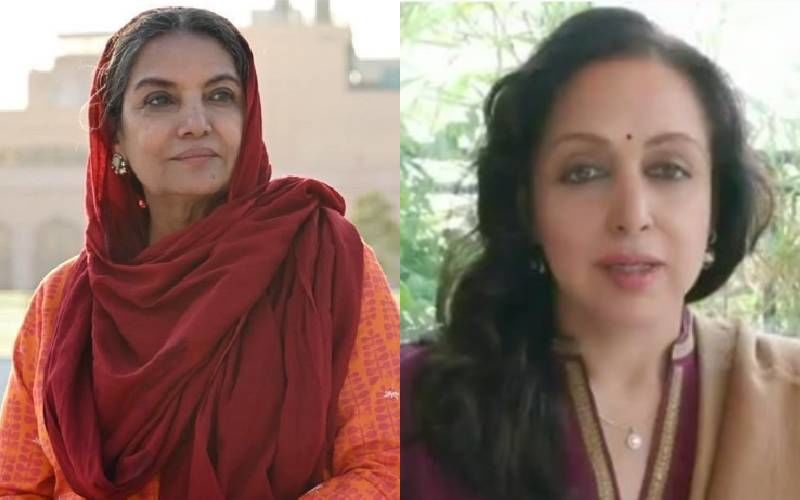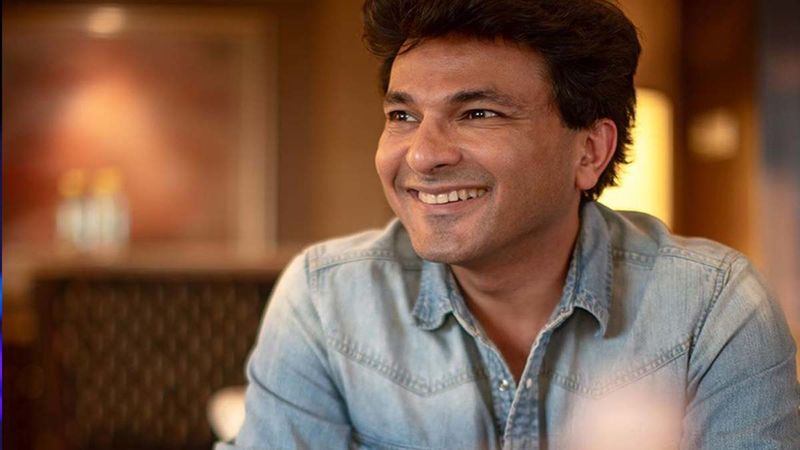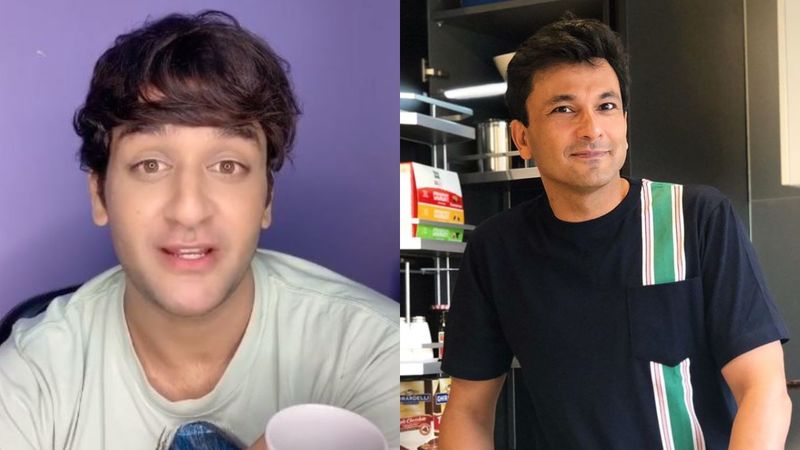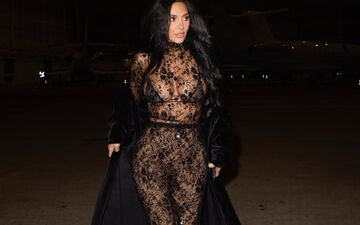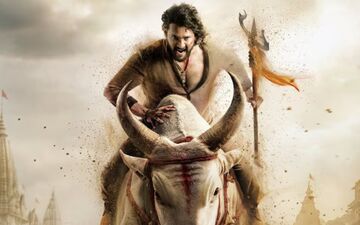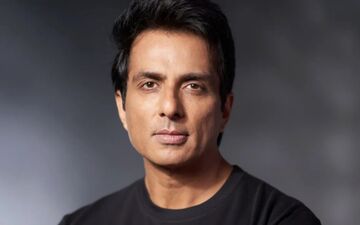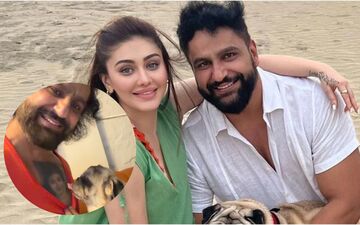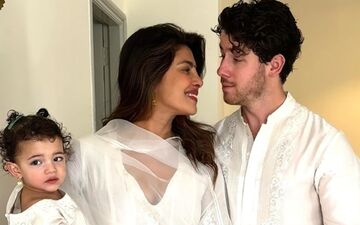'I Was Asked To Leave A Restaurant In New York As A Few Girls Were Uncomfortable,' Vikas Khanna On Racial Discrimination
Culinary King Vikas Khanna talks to Subhash K Jha about the trauma and philanthropy of 2020 and how he survived the year to emerge triumphant
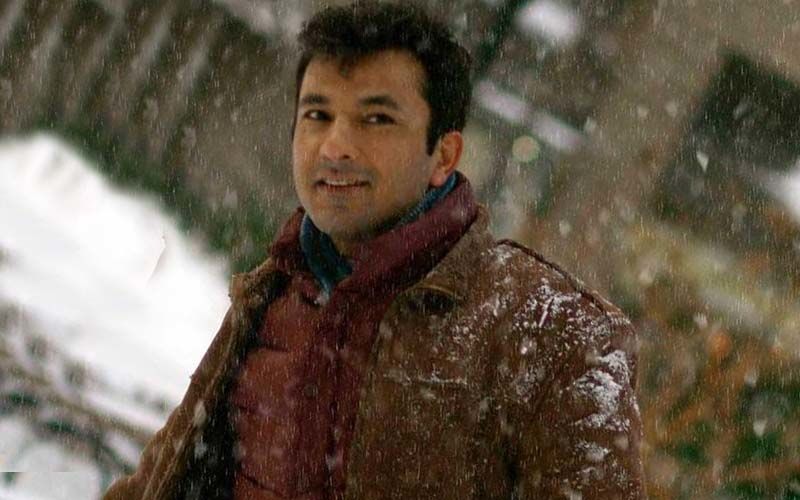
Masterchef Vikas Khanna is now a film director too, among many other things. He talks to Subhash K Jha about the trauma and philanthropy of 2020 and how he survived the year to emerge triumphant at the end with his Feed India Campaign.
Excerpts from the conversation that followed:
Vikas, how did 2020 treat you?
2020 was hard on everyone. It was a tough year to endure. I think the pain, isolation, chaos hunger…also the failure of almost every government to cope with the crisis has broken all of us. Here in New York where I live, the hospitality industry was shut down. That meant all the major events I had planned had to be cancelled. Everything fell apart. And then we realized one thing.
What is that?
I was better off than many and that I should use my privilege to help as many as I can. That is when I started my campaign to feed people. I did it because my mom told me to. Like everyone, she was totally defeated and crushed. Everytime I spoke to her, she sounded so dejected. That’s when my Feed India campaign started.
Did Feed India take time to concretize?
Working out the logistics of feeding the needy in India from NewYork took time. But I continued, hoping that my efforts would help ease the pain. I put all my other projects on the backburner. We were supposed to start two new restaurants this year. We cancelled everything to concentrate on Feed India. This was our priority. And I’m glad we did it. I hope such a crisis never recurs. But whenever we are needed, we will be back with Feed India and work to fill bellies to the best of our abilities.
Have you faced segregation and isolation the way Neena Gupta does in your film The Last Color?
Racism, colorism, isolation, segregation are prevalent in the US. And it’s not easy for an outsider to find his way to the top. The competition is very stiff. I had to fight tooth and nail to get where I am. My friends say I’ve the thick skin of an elephant and the temperament of a poet. I succeeded because of my obstinacy. That scene in The Last Color where Neenaji and the little girl are not served samosas in a roadside dhaba did not happen to me in India. But I experienced it in the US.
Tell me about it?
I went to a restaurant in NY and I was asked to leave because some girls sitting behind me were feeling uncomfortable. This was after 9/11. Racism and segregation are everywhere. I never wanted to reach the top in anything or anywhere. But I did because I was told I couldn't. I was determined to prove them wrong. I rebel when I hear negativity. I couldn’t bear the thought that I couldn’t break the code of success in America.
Will you continue making films?
Yes, of course. I believe cinema is a powerful tool for change. I am advantaged being an Indian in the US and I’ve the opportunity to tell such culturally diverse stories.
What future plans?
I normally release 4-5 books a year. In 2020, it was not possible because of the pandemic and my campaign, Feed India. Next year we may launch more than 4-5 books.
Between you and Sonu Sood, who according to you is Indian of The Year?
No one should take away the tag of Person Of The Year from the Covid frontrunners. I’ve lots of Doctor friends in NY. Every single day is a battle for them. Watching them going through their trauma makes me feel so small and humble. This year belonged to the Covid soldiers. The other heroes of the year are Joe Biden and Kamala Harris. They are bringing so much change in the way racial relations are perceived in America.
Image source: Instagram/vikaskhannagroup
